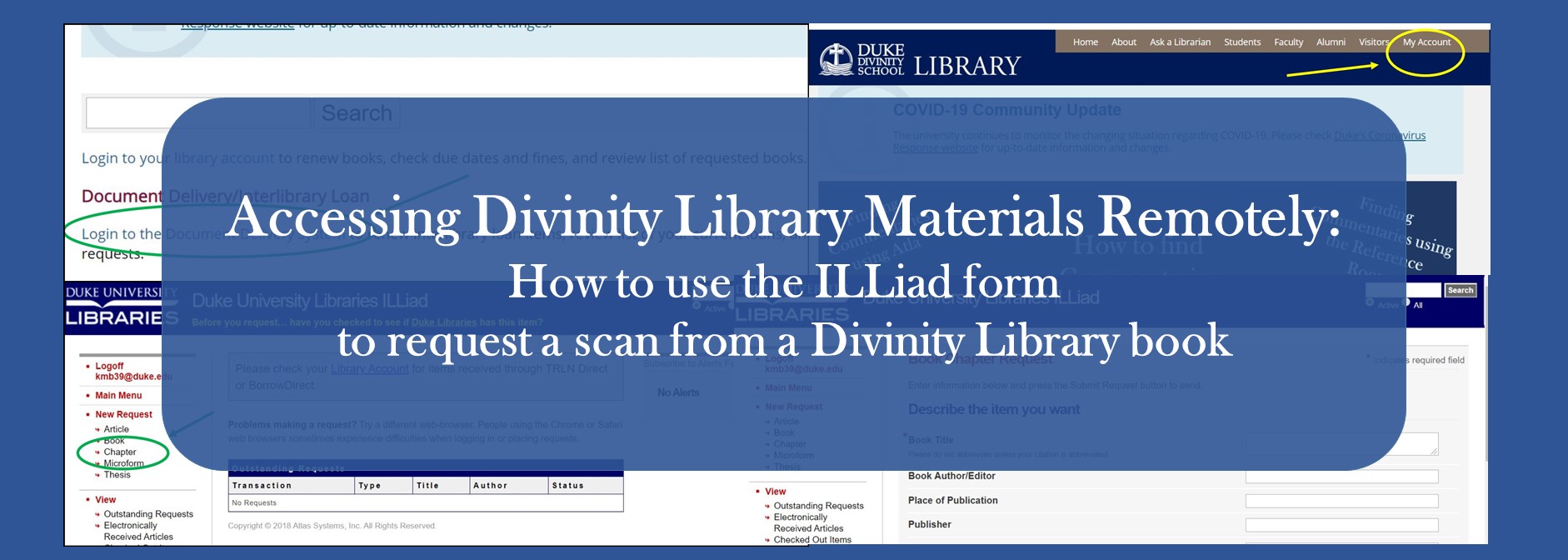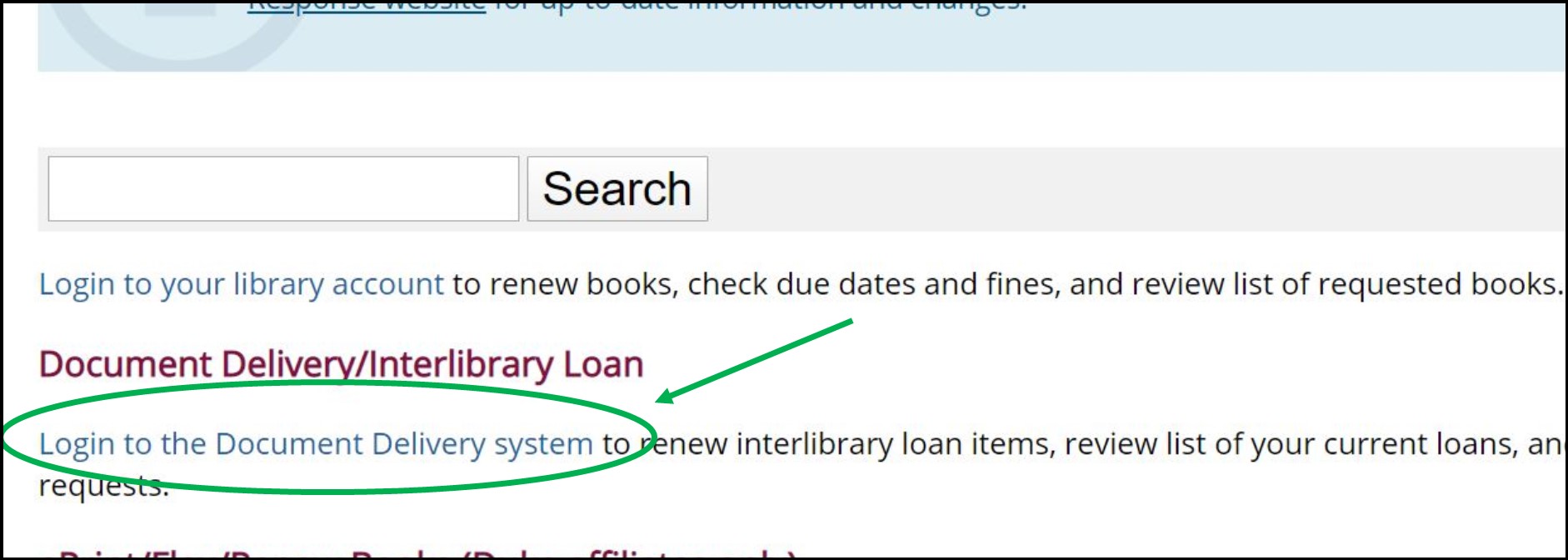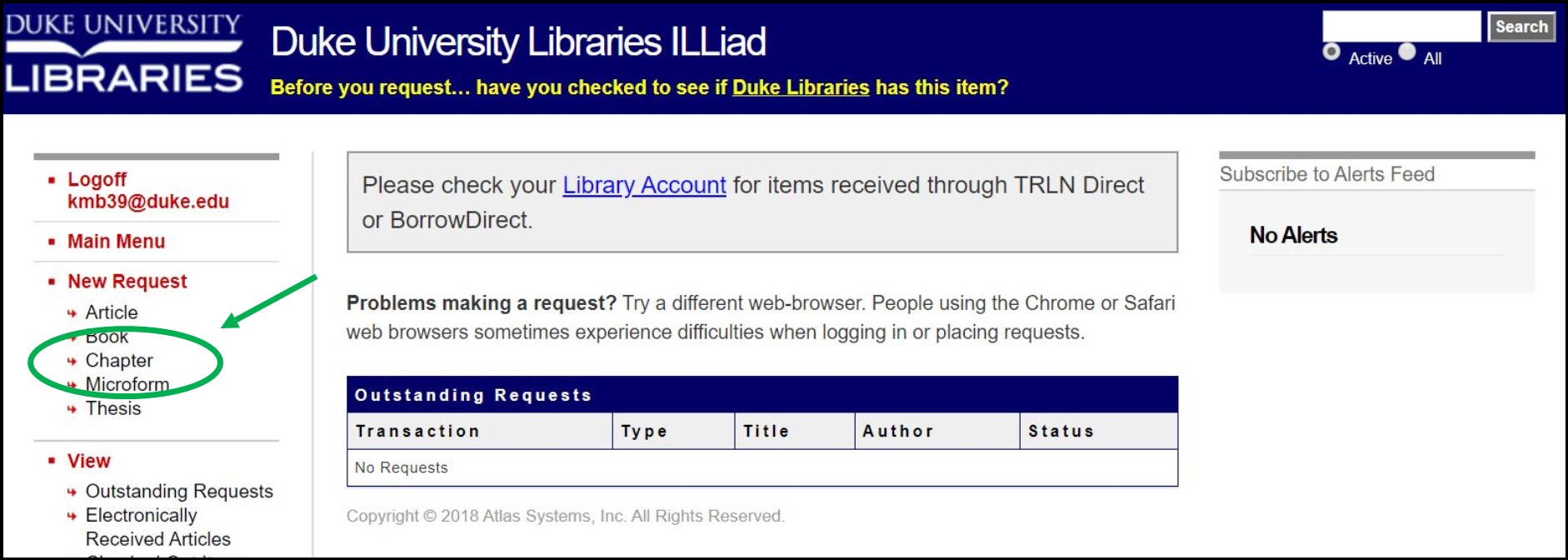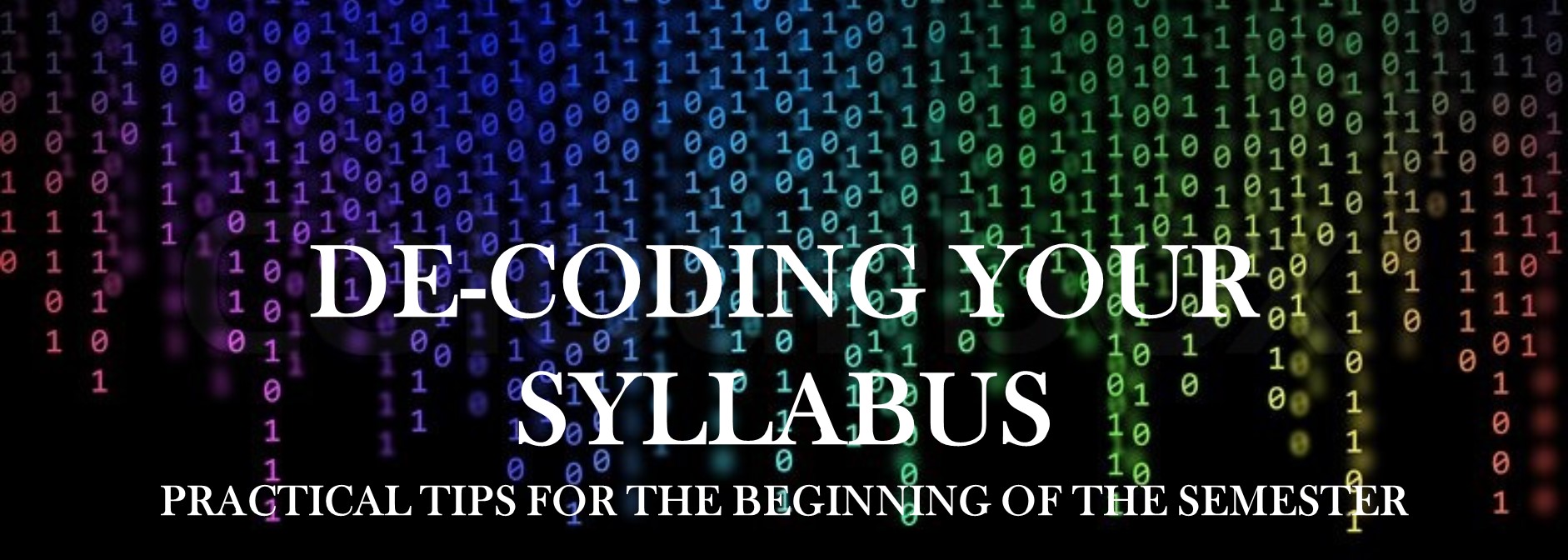
Keeping up with current events is an important aspect of pastoral ministry and scholarly engagement. And it’s important to get your news from a variety of reputable sources. But if you’re reading this, you’re probably aware that there are challenges associated with print and electronic subscriptions — not least that they generally cost money.
If you’re tired of hitting a paywall and hoping you can thumb through Duke Libraries’ edition of your favorite local, national, or international newspaper, check out our list below of major titles and advice on how to access them electronically. Titles below are listed in alphabetical order. Looking for a newspaper or magazine we haven’t listed? Email Dr. Benjamin and she’ll help you find what you’re looking for.
Here are the shortcuts — see more details on browsing each of these titles below:
- Atlanta Journal-Constitution
- The Atlantic
- Herald-Sun (Durham)
- New York Times
- News & Observer (Raleigh)
- Wall Street Journal
- Washington Post
Note: When looking for newspaper and magazine issues/articles, often you’ll find you need to use our Online Journal Titles search. Not familiar with this function in the library catalog? Watch Dr. Benjamin’s screen as she walks through a tutorial.
Another Note: Many of these search instructions refer to a newspaper’s “ISSN”, which is a term you might not have heard before. The ISSN is the “International Standard Serial Number,” an eight-digit number that gives a unique identifier to all journals, magazines, newspapers, and other periodicals. It’s a good way to differentiate between the bazillion newspapers that are just called “The Times”!
Atlanta Journal-Constitution: Use the embedded link or search by ISSN 1539-7459. Any of the platforms listed that include “to Present” in the date range will work — if you select the first, it will take you to a ProQuest-supported site that will let you expand by year and month so that you can select today’s date.

The Atlantic: Use the embedded link or search Duke’s catalog using this publication’s ISSN 1072-7825. From the many results, we recommend selecting “America’s News (Duke University).” This landing page will allow you to select from Recent Issues (including the current issue). Issues of The Atlantic are published on the first of the month. Click the date to see a list of articles you can read online.

Really wanted to read the physical copy? This magazine is received at Perkins Library, and can be found in the Current Periodicals section. Perkins Hours
Herald-Sun (Durham): Interested in reading a local newspaper? The Durham Herald-Sun or the Raleigh News & Observer are two good options. For the Herald-Sun, use the embedded link or search by ISSN 1055-4467. Select the “America’s News (Duke University)” platform, and you will be taken to a page where you can View Recent Issues (the newest will be from yesterday), or select a specific date from the calendar.

New York Times: Use the embedded link or search ISSN 0362-4331. Choose any platform that includes “to Present” in the date range; if you select “U.S. Newsstream,” you will be taken to a ProQuest-supported site that will let you expand by year and month in order to select the current date.

News & Observer (Raleigh): Use the embedded link or search the Duke Library catalog for the publication’s system ID, 004404962. Select the “America’s News (Duke University)” platform — be sure to select one where the date range ends with “to Present”! This will take you to a NewsBank site where you can View Recent Issues (the newest will be from yesterday), or select a specific date from the calendar.

The Wall Street Journal: Use the embedded link, or go to the Online Journal Titles search in the Duke Libraries catalog and search “Wall Street Journal.” This should generate 18 search results, and the one that works best is part of the way down the page — it reads “Wall Street Journal (Online)” and has the ISSN 2574-9579. (Searching by this ISSN has yielded uneven results in the past, so we recommend searching by title!) Then, select the “International Newsstream” platform, to be taken to a ProQuest-supported site where you can expand by year and month to find the newspaper issue for the current day.

Alternatively, Duke’s Business and Law Libraries have committed to provide personal accounts for Duke community members for WSJ.com, the online edition of the Wall Street Journal (visit their FAQ page for information on how to register).
The Washington Post: Use the embedded link or search Duke’s catalog for ISSN 0190-8286. From the results, we recommend “U.S. Newsstream,” which will take you to a ProQuest-supported site that will let you expand by year and month to find the current issue:

Interested in a magazine or newspaper that is not on our list? E-mail Dr. Benjamin or use our Ask a Librarian form and we’d be happy to assist you!
What was it Karl Barth said about “reading the Bible in one hand and the newspaper in the other”? Well, he may not have used those exact words, but he made similar remarks in a number of places. See the Center for Barth Studies’ FAQ page for more.















